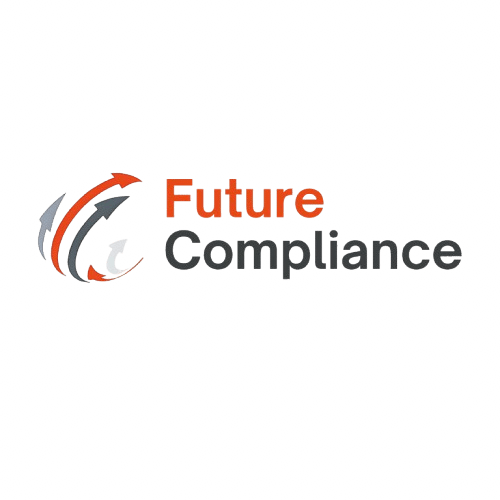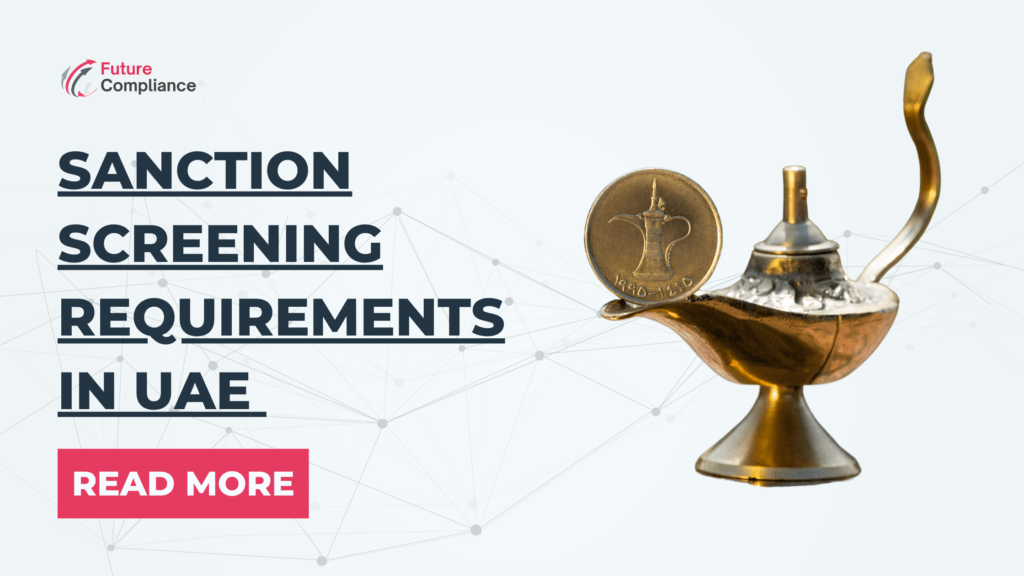Auditing has always been a crucial aspect of financial management and governance. It ensures that organizations comply with regulations, maintain accurate financial records, and operate ethically. However, the field of auditing is constantly evolving, driven by technological advancements, changing regulatory landscapes, and emerging risks.
One of the key areas that auditors need to pay attention to is Anti-Money Laundering (AML). As financial crimes become more sophisticated, regulators are placing increased emphasis on AML compliance. Auditors need to stay updated with the latest AML regulations and frameworks to effectively assess an organization’s AML controls and processes.
Another important aspect of auditing is the Certified Anti-Money Laundering Specialist (CAMS) certification. CAMS is a globally recognized certification that validates an individual’s knowledge and expertise in AML compliance. As the demand for CAMS-certified professionals grows, auditors with this certification have a competitive edge in the job market.
Technology is also reshaping the auditing landscape. With the rise of big data analytics, auditors can now analyze vast amounts of financial data to identify patterns, anomalies, and potential risks. This data-driven approach enables auditors to provide more valuable insights and recommendations to organizations.
Furthermore, the use of artificial intelligence (AI) and machine learning is revolutionizing auditing processes. AI-powered algorithms can quickly analyze large volumes of data, detect anomalies, and even predict potential fraud or non-compliance. This not only enhances the efficiency of audits but also enables auditors to focus on higher-value tasks such as risk assessment and strategic planning.
However, as auditors embrace new technologies, they also need to be aware of the associated risks and challenges. Cybersecurity is a major concern in the digital age, and auditors need to ensure that the systems they use are secure and protected from potential threats. Additionally, auditors must continuously update their skills and knowledge to keep pace with the rapidly changing technological landscape.
In conclusion, the future of auditing is dynamic and exciting. AML compliance, CAMS certification, and the integration of technology are shaping the way auditors work. By staying updated with the latest trends and embracing technological advancements, auditors can continue to provide valuable insights and assurance to organizations in an ever-evolving business environment.
Introduction
Welcome to Future Auditing, where we delve into the fascinating world of Anti-Money Laundering (AML), Certified Anti-Money Laundering Specialist (CAMS) certification, and the art of auditing. In this article, we will explore various aspects of AML, CAMS, and auditing, providing you with valuable insights and knowledge.
Money laundering has become a significant concern in today’s global economy. Criminals use various methods to disguise the origins of illegally obtained funds, making them appear legitimate. This poses a threat to the integrity of the financial system and undermines trust in financial institutions. To combat money laundering, governments and regulatory bodies have implemented AML regulations, which aim to detect and deter money laundering activities.
The role of auditors in ensuring compliance with AML regulations is crucial. Auditing involves examining and evaluating financial records, transactions, systems, and controls to ensure that organizations are adhering to applicable laws, regulations, and internal policies. Auditors play a vital role in maintaining the integrity of financial reporting and identifying areas for improvement in organizational processes.
In recent years, the demand for professionals with expertise in AML and auditing has increased. This has led to the emergence of certifications such as the Certified Anti-Money Laundering Specialist (CAMS). CAMS certification is globally recognized and demonstrates an individual’s knowledge and skills in AML regulations, compliance, and best practices. Obtaining CAMS certification can enhance career prospects and credibility in the industry, opening doors to various job opportunities in financial institutions, regulatory bodies, and consulting firms.
In this article, we will explore the importance of CAMS certification in the field of AML and auditing. We will discuss the various aspects of auditing, including the role of auditors, types of audits, auditing procedures, and the difference between internal and external auditing. We will also delve into the AML compliance framework, risk assessment in AML, and the importance of AML monitoring and reporting.
Additionally, we will explore specific AML practices such as customer due diligence (CDD), transaction monitoring, and suspicious activity reporting. These practices are essential in identifying and preventing money laundering activities. We will also discuss the importance of AML training and awareness programs in creating a culture of compliance within organizations.
Furthermore, we will explore the impact of emerging technologies on the field of auditing. Technologies such as robotic process automation (RPA), artificial intelligence (AI), and data analytics are transforming traditional audit processes, enabling auditors to analyze large volumes of data, identify patterns, and detect anomalies more effectively. We will also discuss the challenges and opportunities presented by the digital age and future trends in auditing.
In conclusion, the world of AML, CAMS, and auditing is complex and ever-evolving. Understanding AML regulations, obtaining CAMS certification, and staying updated with auditing best practices are essential for professionals in this field. As technology continues to advance, auditors must embrace emerging trends and adapt their approach to meet the challenges of the digital age. Future Auditing is committed to providing valuable insights and knowledge to help professionals navigate this dynamic landscape.
Frequently Asked Questions (FAQs)
- What are the requirements for obtaining CAMS certification?
- What is the role of auditors in detecting money laundering?
- What are the penalties for non-compliance with AML regulations?
- How can organizations improve their AML compliance?
- What are some emerging technologies in the field of auditing?
- How can auditors keep up with the changing regulatory landscape?
- What is the purpose of risk assessment in AML?
- What is the difference between internal and external auditing?
- How can auditors leverage data analytics in their audit procedures?
- What are some future trends in the field of auditing?
To obtain CAMS certification, individuals must meet certain eligibility criteria, including relevant work experience in the AML field, completion of the CAMS examination, and adherence to the ACAMS Code of Professional Conduct.
Auditors play a crucial role in detecting money laundering by assessing the effectiveness of internal controls, testing transactional data for anomalies, and evaluating the overall compliance framework of an organization.
The penalties for non-compliance with AML regulations vary by jurisdiction but can include fines, imprisonment, loss of license, reputational damage, and regulatory sanctions.
Organizations can improve their AML compliance by implementing robust compliance frameworks, conducting regular risk assessments, providing comprehensive training to employees, and leveraging technology for effective monitoring and reporting.
Some emerging technologies in auditing include robotic process automation (RPA), artificial intelligence (AI), data analytics, and blockchain. These technologies enhance audit effectiveness, improve efficiency, and provide valuable insights to auditors.
Auditors can keep up with the changing regulatory landscape by actively participating in professional development programs, attending industry conferences and seminars, and staying updated with regulatory updates and guidance issued by relevant authorities.
The purpose of risk assessment in AML is to identify and assess the money laundering risks faced by an organization. This helps in implementing appropriate controls and mitigation strategies to prevent and detect money laundering activities.
Internal auditing is conducted by professionals employed within an organization, while external auditing involves independent auditors hired from outside the organization. Internal auditors focus on evaluating internal controls and processes, while external auditors provide an unbiased opinion on the fairness of financial statements.
Auditors can leverage data analytics by using advanced tools and techniques to analyze large volumes of data, identify patterns, and detect anomalies. Data analytics enhances the effectiveness of audit procedures and provides valuable insights to auditors.
Some future trends in auditing include the use of artificial intelligence and machine learning in audit processes, increased focus on sustainability and environmental audits, the integration of blockchain technology for enhanced transparency and audit trail, and the adoption of continuous auditing techniques to provide real-time assurance on financial and non-financial data.




